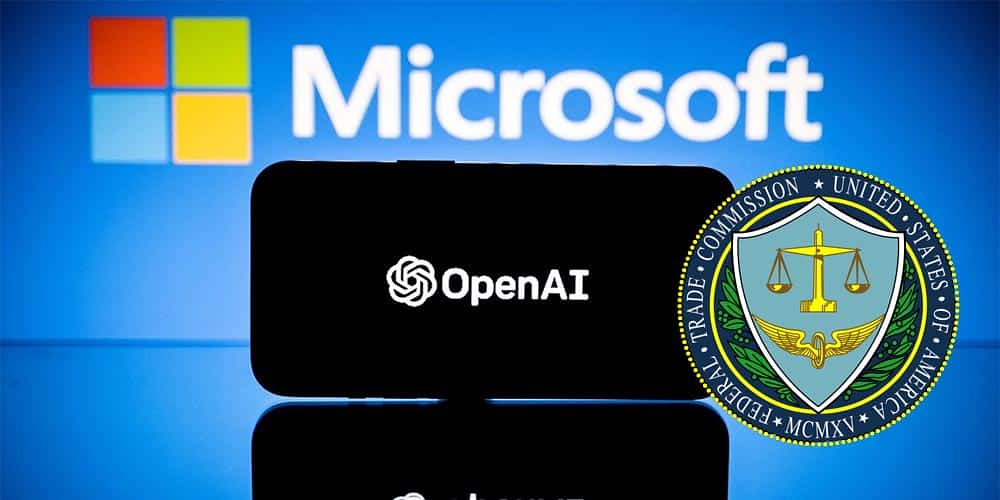Table Of Contents
In a dramatic twist that echoes the intense rivalries of Silicon Valley, Elon Musk has reignited his legal battle against OpenAI, the artificial intelligence powerhouse he co-founded in 2015. The new lawsuit, submitted on Monday to the Northern District of California federal court, accuses OpenAI and its CEO, Sam Altman, of manipulating Musk into co-founding the company and subsequently transforming it from a nonprofit into a profit-driven enterprise.
Background and Allegations
Musk’s latest legal maneuver renews a confrontation that began earlier this year but was abruptly halted when Musk withdrew a similar lawsuit without explanation. The new complaint delves deeper, portraying the conflict as a “textbook tale of altruism versus greed,” and accuses Altman and other OpenAI executives of “deceit of Shakespearean proportions.”
Musk’s legal representative, Marc Toberoff, emphasized the distinction between the current lawsuit and its predecessor. “This complaint holds defendants accountable for intentional misrepresentations to Musk and the public, and seeks the disgorgement of their ill-gotten gains on a grand scale,” Toberoff stated.
Core Issues and Claims
At the heart of Musk’s allegations is the claim that Altman and his co-founder Greg Brockman breached what Musk describes as the “founding agreement.” This alleged agreement was to develop artificial intelligence ethically for the betterment of humanity. Instead, Musk contends, OpenAI’s pivot towards a partnership with Microsoft, transforming into a largely for-profit entity, poses a significant risk to humanity due to the reckless advancement of AI technologies.
OpenAI and Altman have robustly denied these accusations. In a previous statement to the Guardian, OpenAI pointed to Musk’s earlier support for a shift toward a for-profit model. “We’re saddened that it has come to this with someone whom we’ve deeply admired,” Altman and other OpenAI executives expressed in a blog post following the initial lawsuit.
Legal and Financial Implications
The new lawsuit also introduces allegations that OpenAI violated federal racketeering laws and participated in numerous acts of wire fraud by accepting financial contributions from Musk under false pretenses. This adds a layer of complexity and severity to the ongoing legal saga.
Musk’s complaint underscores the significant resources he invested in OpenAI, including substantial seed capital and the recruitment of top AI scientists. He argues that these contributions, coupled with the original nonprofit mission of OpenAI, were betrayed by Altman and his associates.
Broader Context and Industry Impact
This renewed legal battle comes at a crucial time for the AI industry, with generative AI technologies like ChatGPT capturing global attention. OpenAI’s partnership with Microsoft, which has invested $13 billion into the startup, has positioned both companies at the forefront of the AI arms race, challenging tech giants like Google.
Musk’s rival AI venture, xAI, launched last year but has struggled to achieve the same level of success and has faced criticism for spreading misinformation. The outcome of this lawsuit could potentially disrupt the lucrative partnership between OpenAI and Microsoft, with far-reaching implications for the AI landscape.
Conclusion
As the legal proceedings unfold, the tech community watches closely. This case underscores the high stakes involved in the AI revolution and the ethical considerations that must be balanced against commercial interests. Whether Musk’s allegations will hold up in court remains to be seen, but the lawsuit has already intensified the scrutiny on how AI innovations are developed and monetized.
Source: The Guardian, Reuters


